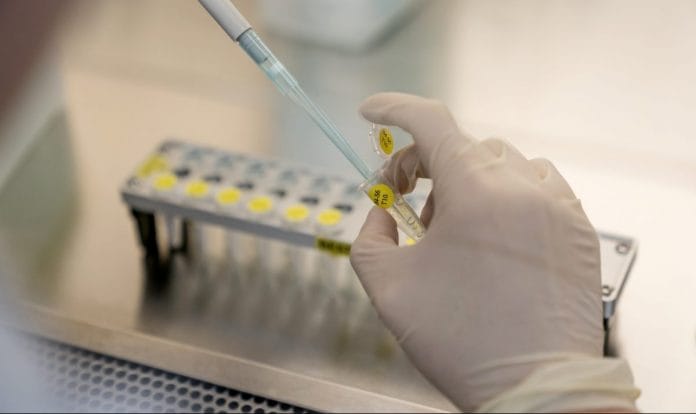New Delhi: Two top research bodies in the country are taking proactive steps to ensure highest ethical standards are followed in conducting and publishing research papers. The move aims to stop publishing of dubious research.
In a statement posted on Twitter Monday, Shekhar Mande, Director General of the Council of Scientific and Industrial Research (CSIR), said a committee constituted to draft ‘Guidelines for Scientific Ethics and Research Integrity’ has already submitted its report to him.
“The report will be made available to a larger group of academicians for wider consultations. Once their comments are received and incorporated in the report, these guidelines will be implemented in CSIR,” he said.
Statement on Scientific Misconduct in CSIR laboratories and interim action. Would like to assure everyone that the matter is under active consideration and request all for patience and understanding. @CSIR_IND @PrinSciAdvGoI @IAScBng @insa_academy @IndiaDST @DBTIndia @serbonline pic.twitter.com/FnS5sbUWWL
— Shekhar Mande (@shekhar_mande) September 2, 2019
Mande’s statement comes months after it was reported that 35 papers published by researchers at the CSIR-Central Drug Research Institute (CSIR-CDRI), Lucknow, were found to have duplicated and manipulated images.
Mande said a separate committee was formed to look into the matter immediately after the allegations of fake images surfaced in the print media.
“It (the committee) has already met a few times and has conducted a thorough investigation by carefully going through each of the papers alleged to contain misdeeds,” he said, adding that the committee is in the final stages of submitting its detailed report.
ICMR’s new policy on research integrity
The Indian Council of Medical Research’s (ICMR) Bioethics Unit at National Centre for Disease Informatics and Research, Bengaluru, released a new policy on Research Integrity & Publication Ethics (RIPE) last month to “ensure highest professional and ethical standards in inception, conduct, reporting, reviewing, publication of research”.
Dr Roli Mathur, head of the Bioethics Unit, said the ICMR has always followed its ethical guidelines — be it the Policy Statement on Biomedical Research, 1980, or the revised guidelines in 2000 and then in 2006.
“These guidelines are mandatory and to be followed for any biomedical and health research carried out by any individual or institution across the country,” Mathur told ThePrint.
Also read: This researcher has named his latest find after Modi govt’s top science official
The details of ICMR policy
Mathur said, “The new policy has helped to create a framework within the network of ICMR research institutions through appointment of research integrity officers (RIO) and put a monitoring mechanism in place to ensure compliance of ethical values.”
The policy states that the RIOs will not just monitor, but also conduct seminars and training sessions to facilitate better understanding among researchers about integrity at all stages of research. They will also report about any misconduct that has been detected and plan appropriate action.
An office of ‘Research Integrity’ has also been established at the ICMR headquarters to centrally coordinate the process.
‘New policy strives to be the guiding principle’
Commenting on the ICMR policy, Dr Alok Lodh, head of Clinical Operations and Service Excellence at HCL Healthcare, said it strives to be the guiding principle for Indian research.
“Ethical use, analysis, sharing and dissemination of new learnings occupy prime importance both from the Intellectual Property point of view as well as plain and simple business,” he told ThePrint.
India, for a long time, has been plagued by the menace of dubious research being published in fake or predatory journals. The University Grants Commission (UGC) has even laid down fresh recommendations last month to prevent researchers from publishing their papers in shady journals, and also put an end to plagiarism.
Also read: India at no. 5 in the world for science research, says new global report







A long overdue action, indeed. But it will fail to stem the poison from the corrupt system, the malaise being so deep rooted.